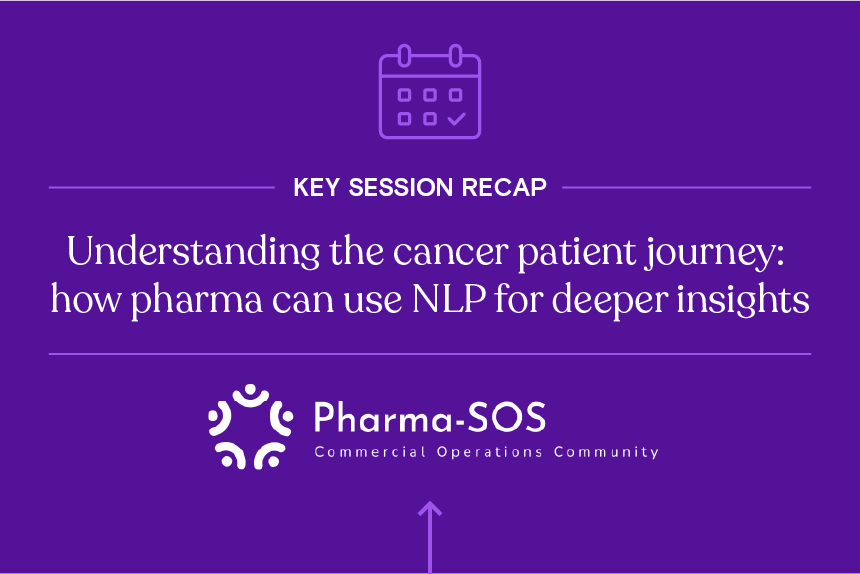The U.S. struggles with high rates of maternal mortality. Compared to other high-income countries, the U.S. has the highest maternal mortality rates. The CDC reports that more than 700 women die annually in the U.S. due to pregnancy complications.
These numbers are even worse for women of color. According to data from the CDC, Black women are three times more likely to die from pregnancy-related causes than white women. The White House recognized the first Black Maternal Health Week in April 2021 to raise awareness and put pressure on the industry to address the problem.
There is no denying it – these stats are troubling. But there is good news. Advances in maternal-fetal medicine make it easier to detect and treat high-risk pregnancies earlier, leading to better outcomes for both mother and baby.
Read our recent blog post on emerging pharmaceutical market research in healthcare to identify the up-and-coming disease states
As the field of genetics advances, we’re uncovering valuable insight into the role that our genes play in our health. By coupling genetic data with social determinants of health data, providers can make better, personalized care decisions for patients with a high-risk pregnancy, preventing serious complications and lowering the maternal death rate.
Maternal-fetal medicine and its impact on pregnancy safety
Maternal-fetal medicine is playing a huge role in making pregnancy safer for mother and baby.
Maternal-fetal medicine is a subspecialty that emerged over the years in the field of obstetrics focused specifically on high-risk pregnancy. According to Definitive Healthcare’s physician database, there are over 400 physicians whose primary specialty is maternal-fetal medicine.
One area that continues to grow in maternal-fetal medicine is precision medicine. Precision medicine focuses on tailoring treatment toward an individual based on their genetics, environment, and lifestyle.
A lot more could be done to incorporate data on the social determinants of health to personalize care and close the maternal mortality gap. The good news is that prenatal medicine is one specialty furthest along in leveraging genetic insights to guide care decisions.
For example, genetic counseling for patients preparing to start a family or who are pregnant is now more common than it’s ever been. In fact, according to data from our medical claims database, an average of more than 24,000 encounters for procreative genetic counseling happen each year.
Genetic counselors can identify a potentially high-risk pregnancy before conception and then flag patients who might benefit from more extensive prenatal genetic testing for inherited conditions.
Old school vs new school methods of prenatal genetic tests
Amniocentesis and chorionic villus sampling (CVS) are the traditional genetic diagnostic tests during pregnancy. Data from our medical claims database indicates both procedures are common – an average of 12,400 amniocentesis procedures and 4,500 CVS procedures occur each year.
While these tests can identify serious health concerns for mother and baby, they’re also invasive procedures. And with any invasive procedure, there is a risk of miscarriage or complications.
New types of non-invasive prenatal testing (NIPT) can alleviate some of those concerns. Most NIPT are cell-free DNA screenings (cfDNA) and simply require a maternal blood sample to screen for genetic disorders such as Down Syndrome, trisomy 13 and 18.
Since the first commercial cfDNA test entered the market in 2011, they’ve been gaining in popularity. In fact, our medical claims database shows an average of over 16,480 NIPT procedures were performed each year between 2018 and 2020.
When a doctor uses NIPT, the risk for a miscarriage is much lower than with amniocentesis or CVS, because NIPT only requires a blood sample. Additionally, NIPT tests can be performed as early as nine weeks in a pregnancy, which enables providers to address potential health concerns early in a pregnancy to prevent more serious complications down the line.
Learn more
Interested in learning more about trends in maternal-fetal medicine or other specialties of healthcare? Our Professional Services team can help you dive into the high-level trends in your market to identify emerging markets. Contact us today or start a free trial.





